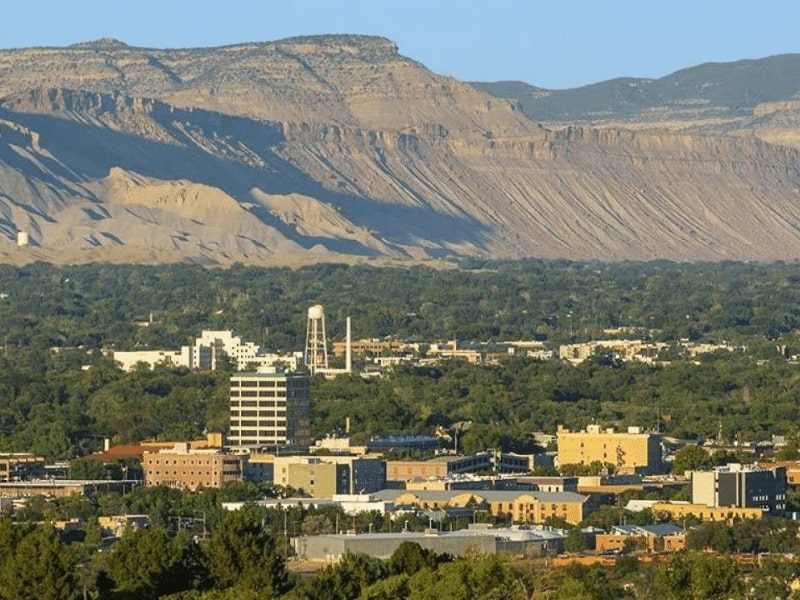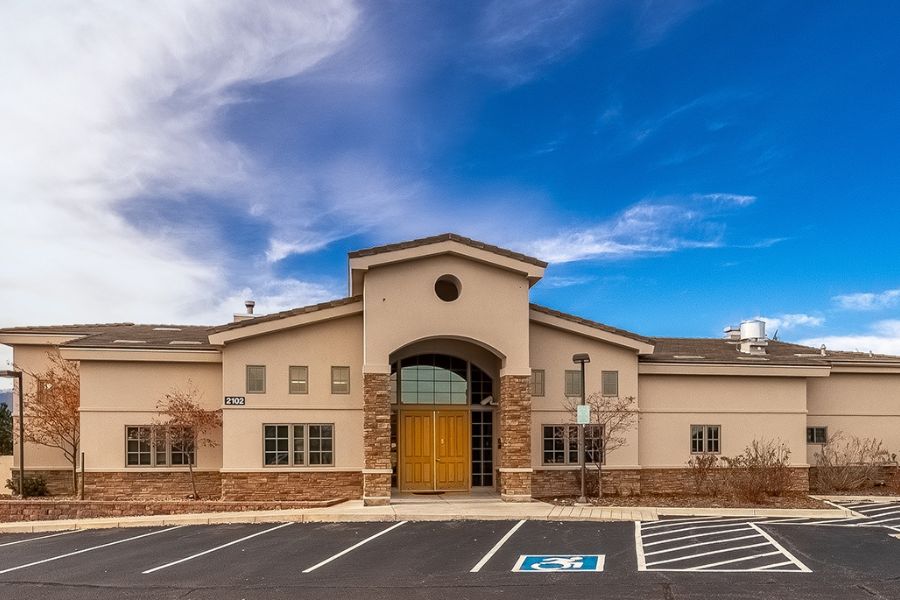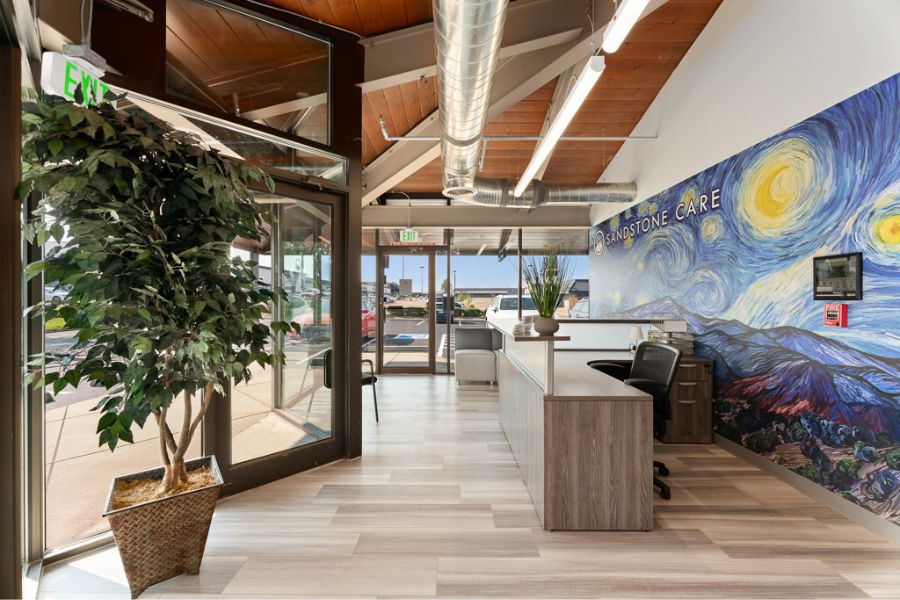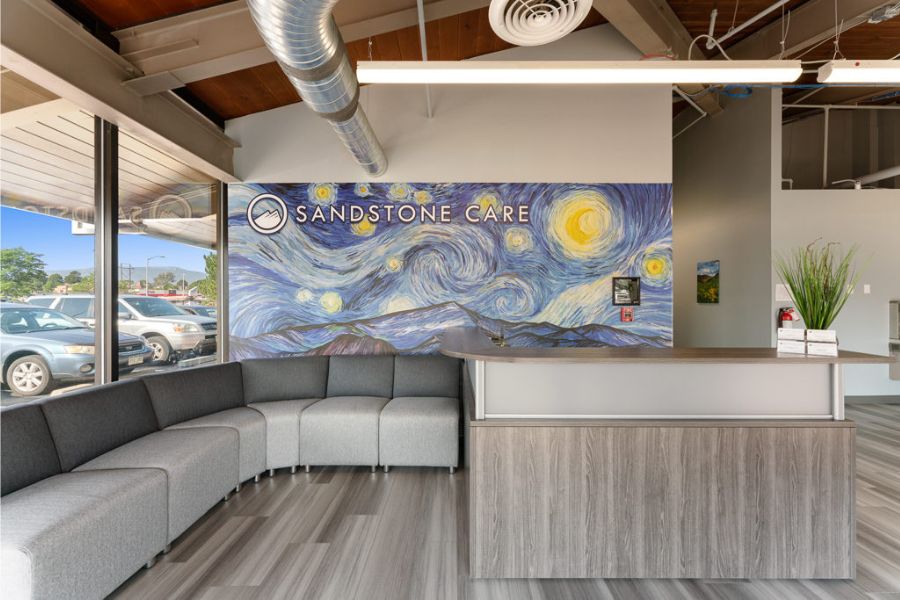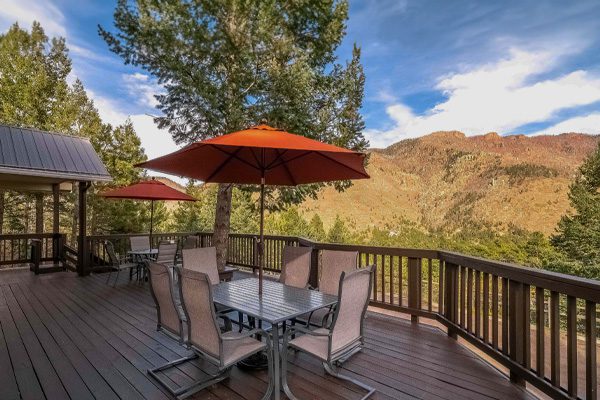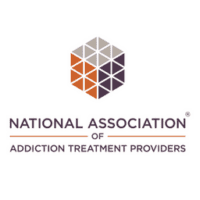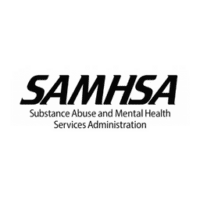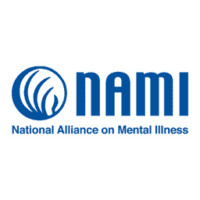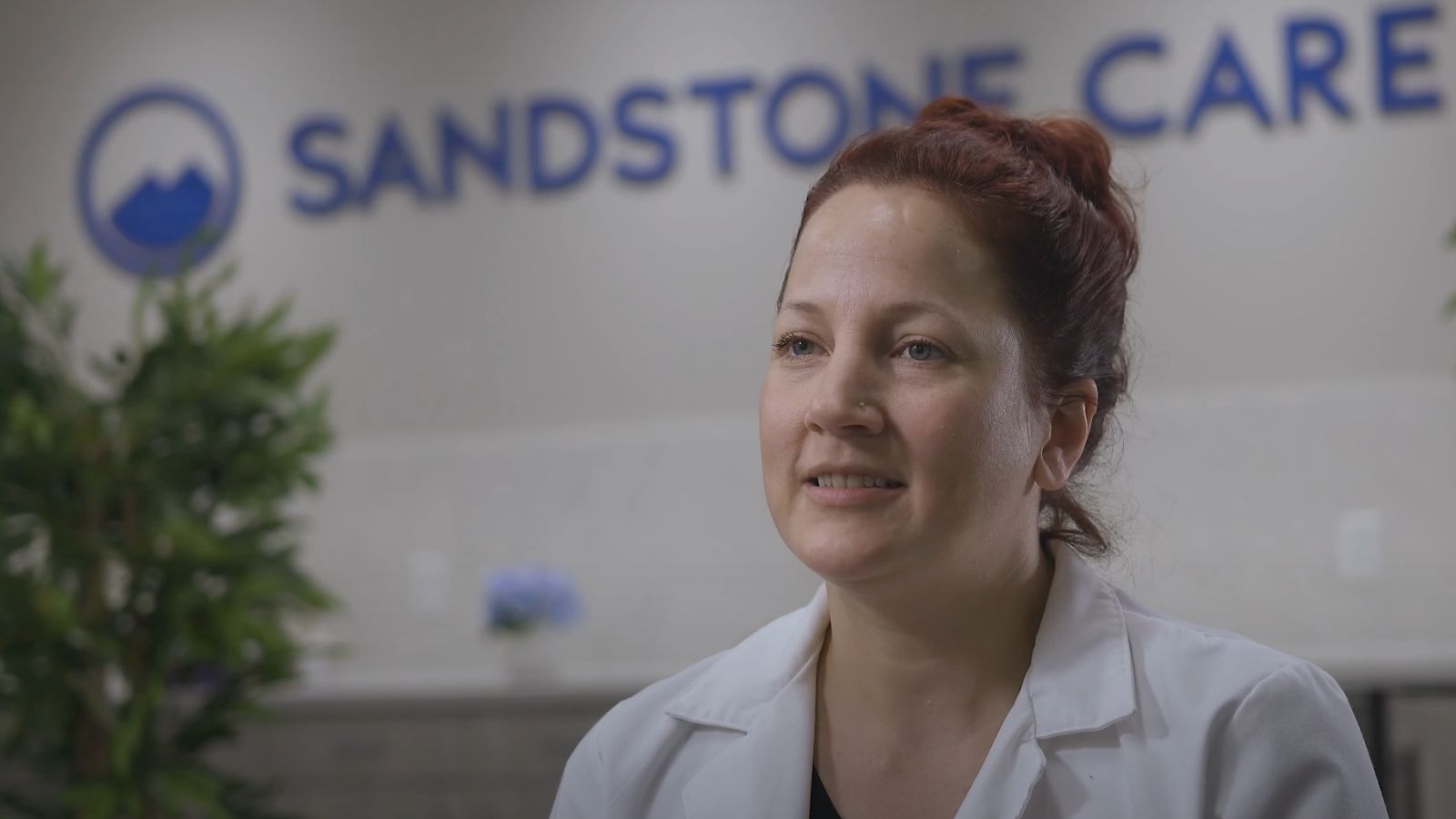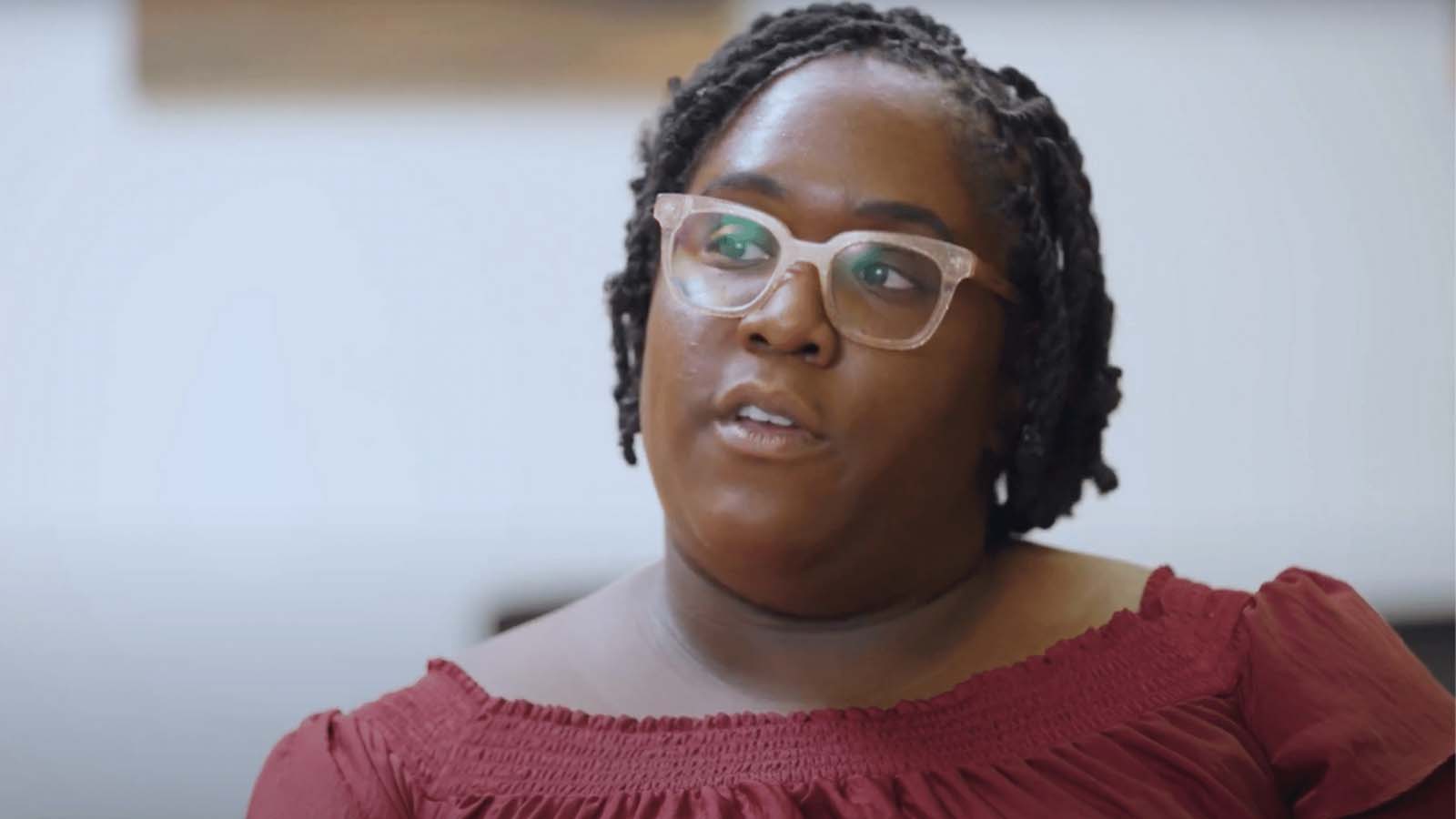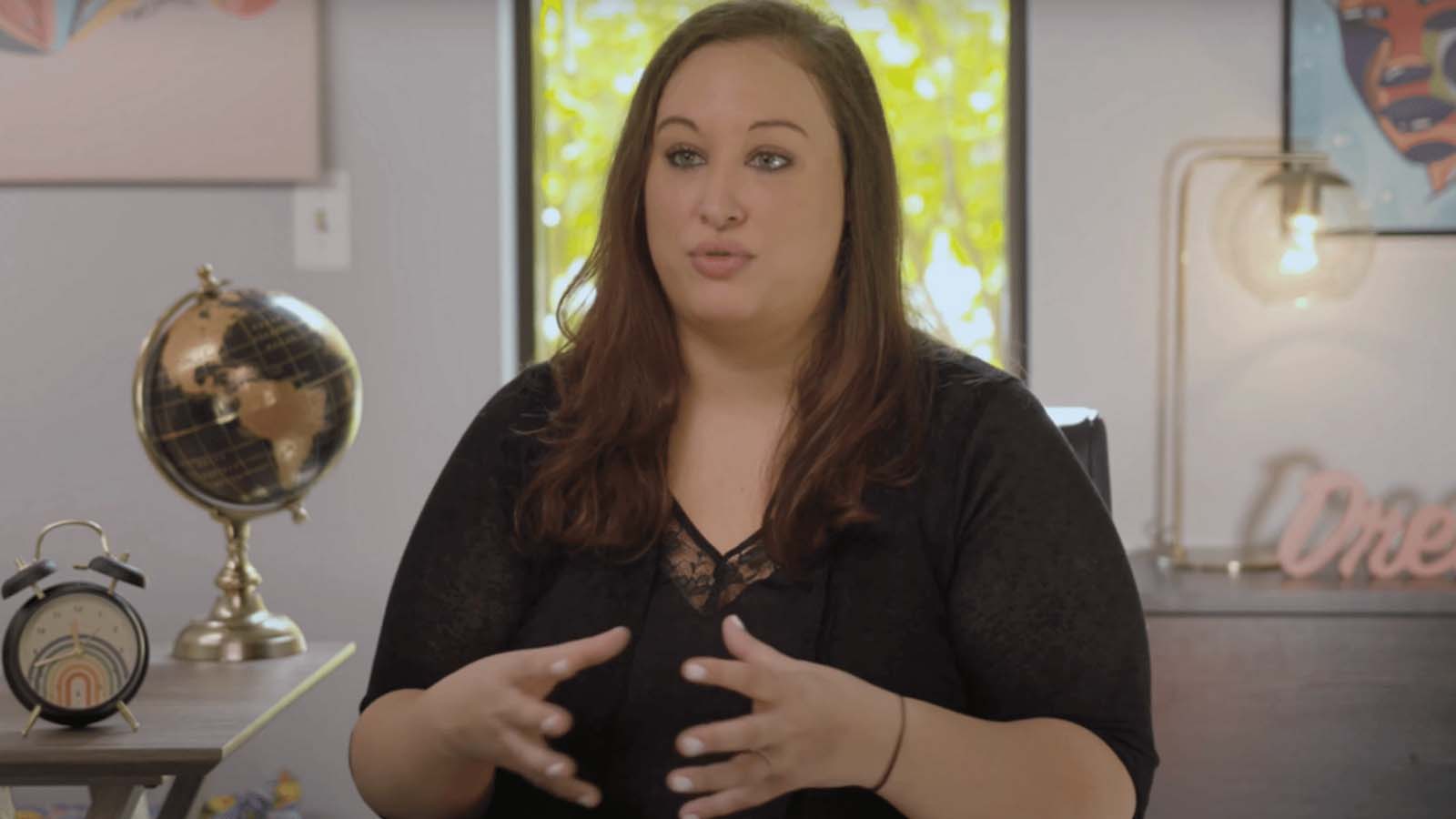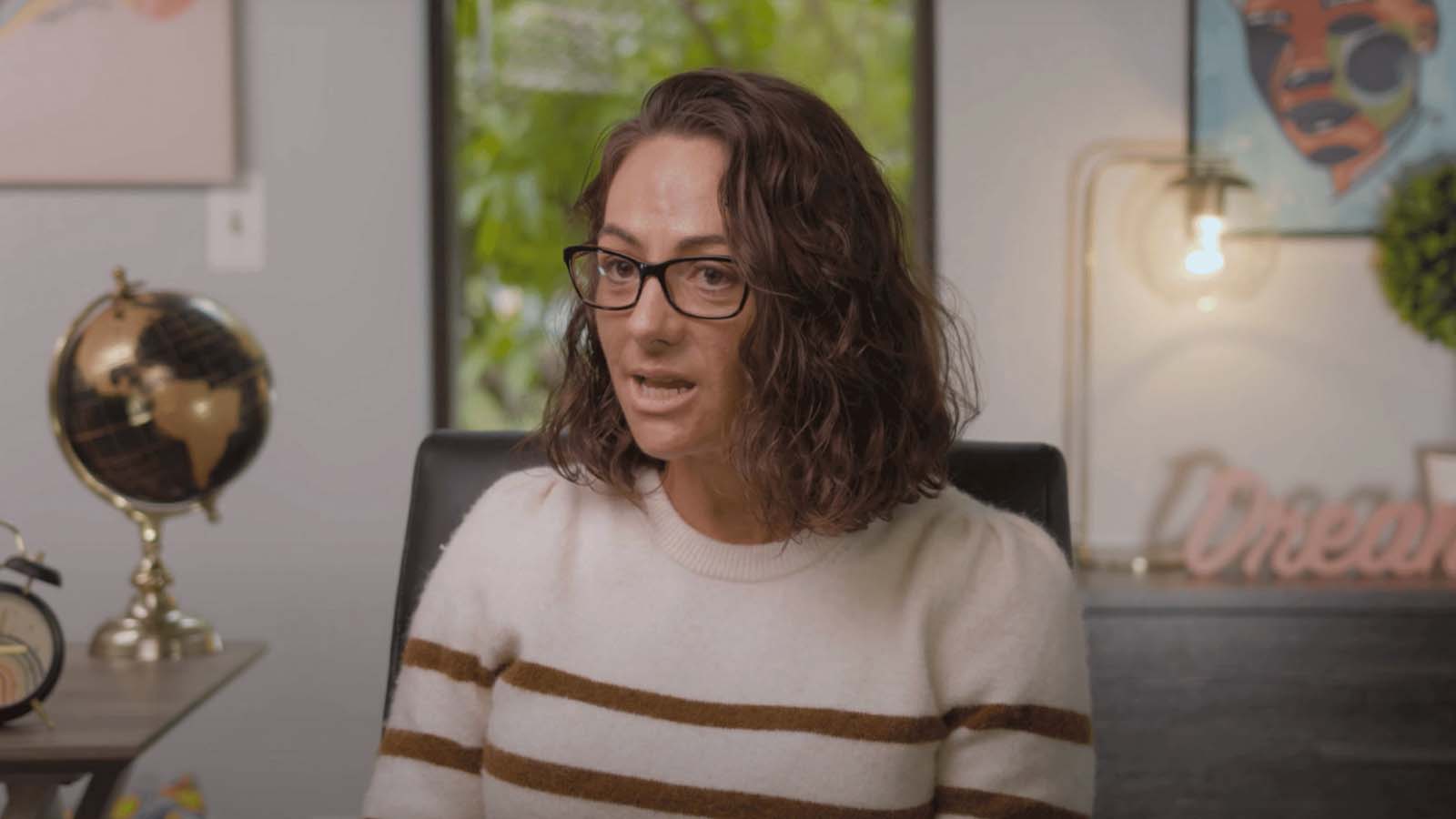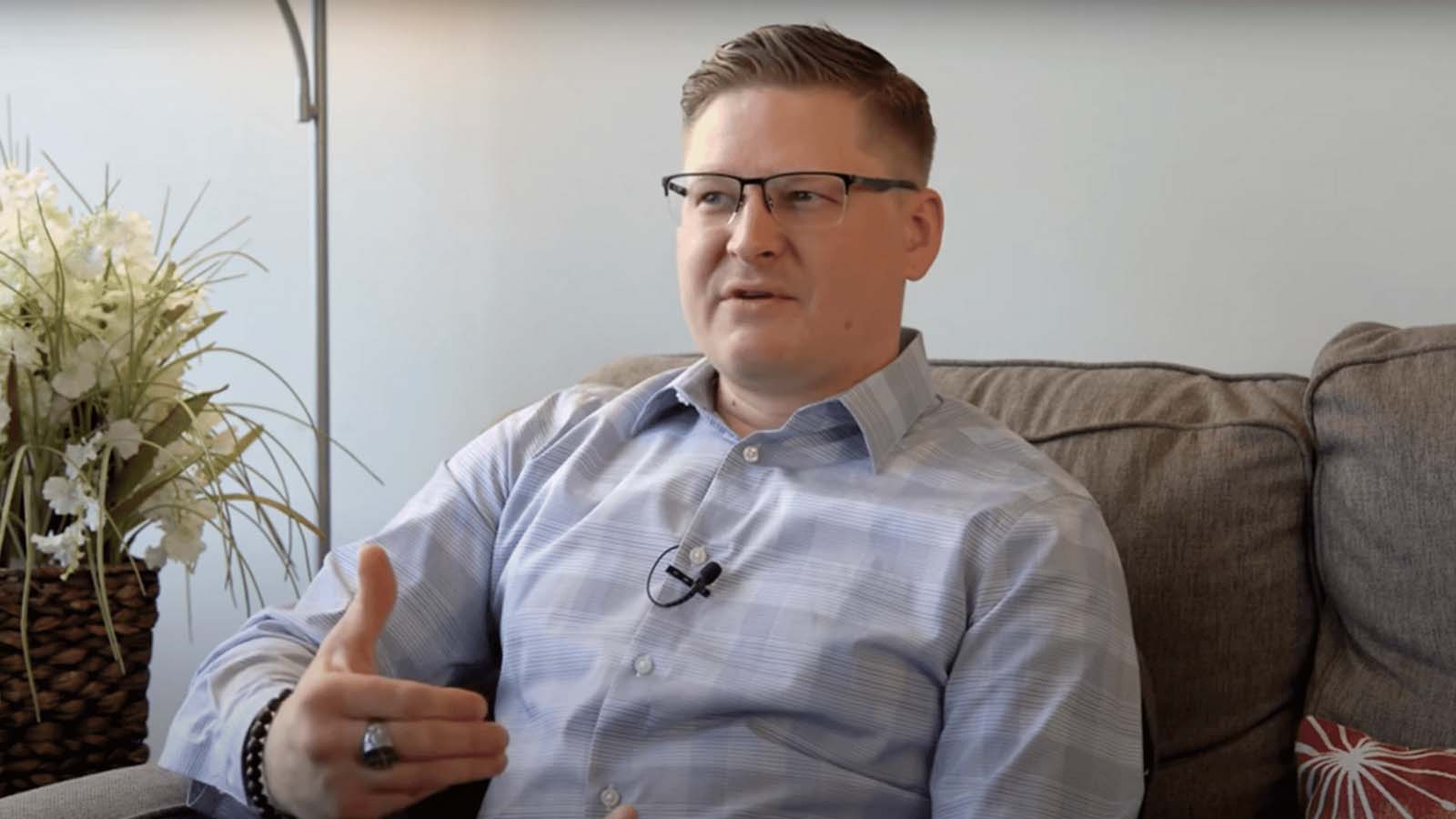Finding Drug & Alcohol Rehab Centers in Grand Junction, CO
Grand Junction the hub of Colorado’s wine country and home to the Colorado National Monument with red sandstone monoliths and canyons.
As you begin the process of searching for the best treatment program for yourself or a loved on, there are a lot of factors to consider. You don’t need to travel out of state to get high quality treatment as there are great options locally in Colorado.
Determining what level of care is necessary can be extremely overwhelming. Talking to a knowledgeable treatment and mental health professional can help assess your needs, and guide you to resources that would be best for you.
Due to the distance between Sandstone Care and Grand Junction, we recommend our adult detox and teen residential programs where you can stay while getting treatment. With an onsite discharge planner, when you complete treatment, you will have a robust aftercare plan and referrals for local therapy.
Ask us about our drug & alcohol rehab treatments and locations.
We accept all major insurance and it only takes minutes to verify.


